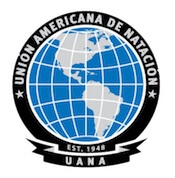On The Record with Ricardo Azevedo, Former US Head Coach, Now Advising Brazilian Water Polo
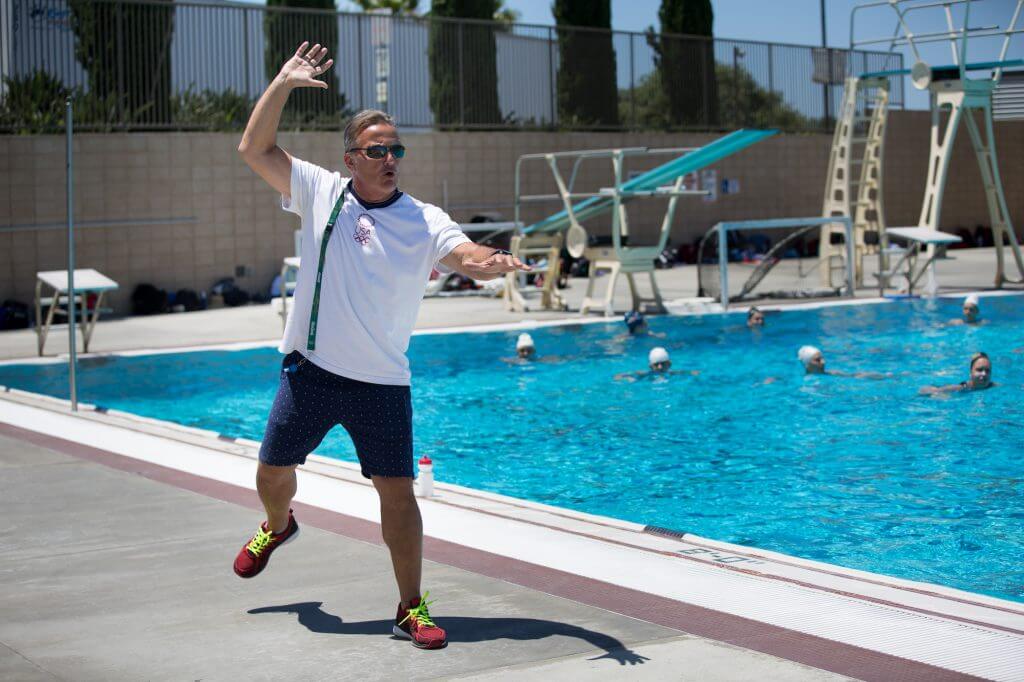
By Michael Randazzo, Swimming World Contributor
The recent UANA Pan American Junior Water Polo Championship in Clearwater, Florida was an enlightening experience, underscoring as it did just how seriously select teams from both North and South America take their water polo at all levels. In particular, Brazil’s boys and girls teams performed exceptionally well and can be expected to provide deep reservoirs of talent as their senior teams look to qualify for the 2020 Tokyo Olympics.
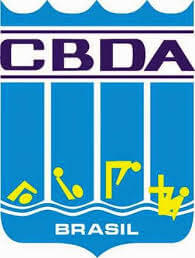
Brazil’s success at UANA—they captured gold over the U.S. for the boys’ title and finished with silver in the girls’ competition—will come as no surprise to polo watchers. Drilling their junior teams was Ricardo Azevedo, who has coached a number of powerhouses, including the U.S. and China’s men’s senior national teams. Azevedo is now a consultant to Confederação Brasileira De Desportos Aquáticos, which oversees the sport in Brazil. He’s as well known for his coaching prowess as he is for siring Tony Azevedo, arguably the greatest polo player America has ever turned out.
Swimming World met up with Azevedo senior during the UANA Cup; he recently responded by email to a series of questions about his work with CBDA, the continued impact his son has on the sport and water polo’s prospects for success in America and beyond.
– You’ve been involved in the sport for decades as a coach, a player, an administrator and as a parent. What is your assessment of the current health of water polo worldwide?
I have been involved for 51 years, and during that time I have seen many changes in the game but also in the way that the world views the sport. Since 1989, when professionals were allowed to participate, the sport has become more global, [with] growth from a cult sport to a professional one.
As for today, the sport is flourishing in Europe but [with] modest growth in the rest of the world. [The] lack of participation at main events has hurt development; as an example, in the last Olympic Games there were seven teams from Europe and five from the rest of the world. Fortunately, FINA has taken a stand to help development in all continents to assure the [continued] health of the sport.
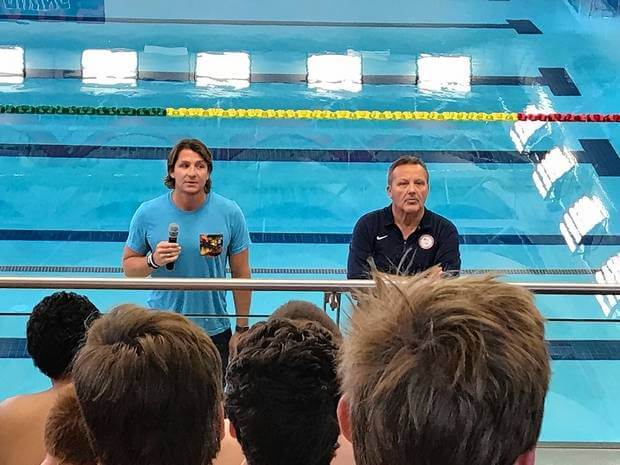
Tony and Richard Azevedo
– How are you currently involved in polo?
After the Olympics in 2016, I started a consulting business that took me around the world. One of these places was Brazil; this offered me a chance to come back home and work as a Technical Director and coordinator nationally of the sport and [with the] national teams.
– For years you’ve known—and worked with—Ratko Rudic, who at 70 has come out of retirement to take over Pro Recco.
Ratko is a brilliant sportsman who can adjust to any situation. But, like anything in life, training national teams is very different than clubs. In this case, Pro Recco is like a national team.
– Your son is arguably the greatest polo player in the long history of American polo. Why might his contributions outside of the pool be more important to growing the sport than what he did competing for Team USA?
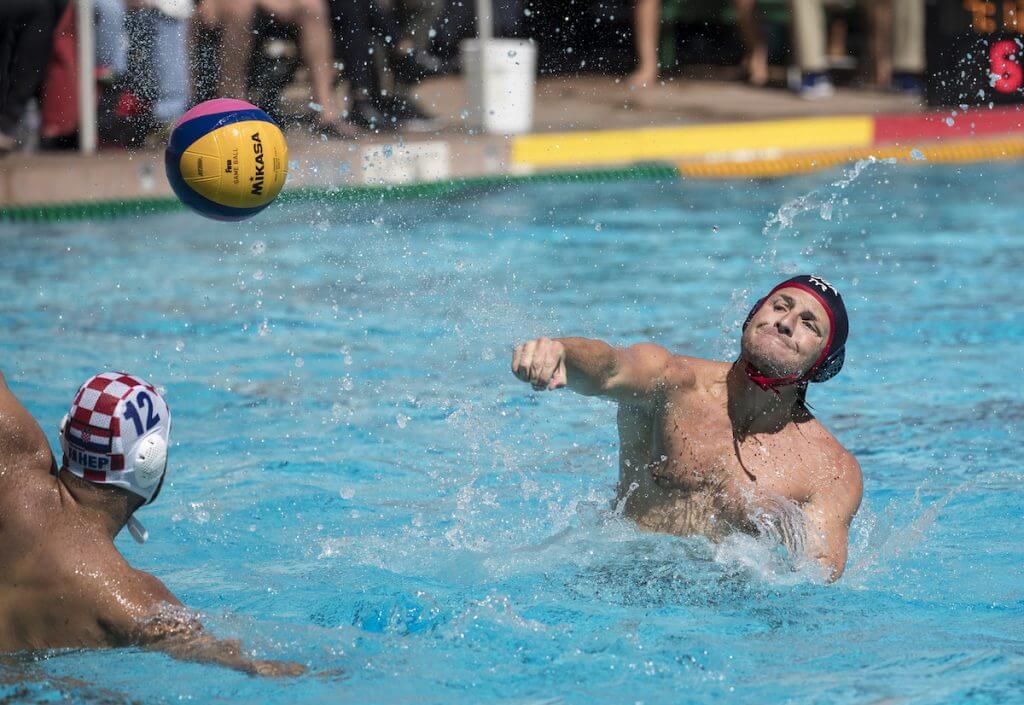
Tony Azevedo. Photo Courtesy: Jeff Cable
I am very proud of Tony for his contributions outside the pool. He has stayed humble and [is] careful to understand that the dignity of the sport must be observed—and as a player he has always given 100%.
But he’s never forgotten what the sport has done for him. It’s marketing [for water polo] that we have to work on, and Tony is doing just that.
– Speaking of which, you and Tony are Brazilians! How might the course of Olympic—and Azevedo family—history have been changed if he had forsaken the red white and blue for the blue, green and gold of Brazil?
My family has a long history in sports—even Olympic participation prior of coming to U.S.—but there is no doubt that exposure, education and the possibility of competing at a high level has given both of us a boost. Team USA has an excellent program for student athletes that is second to none. In Brazil you have to choose one or another.
– There’s much discussion about how to fix the games – rules changes, marketing campaigns, investment in new areas. What do you think needs to be improved?
At every Olympic and [FINA] world event, the games sell out. Our problem is that we need to create events—not competitions—that are global. Without any disrespect, a final between Serbia and Montenegro is not going to have high television ratings or impact financially. If the sport is global with markets on every continent, in every type of culture, the growth will come.
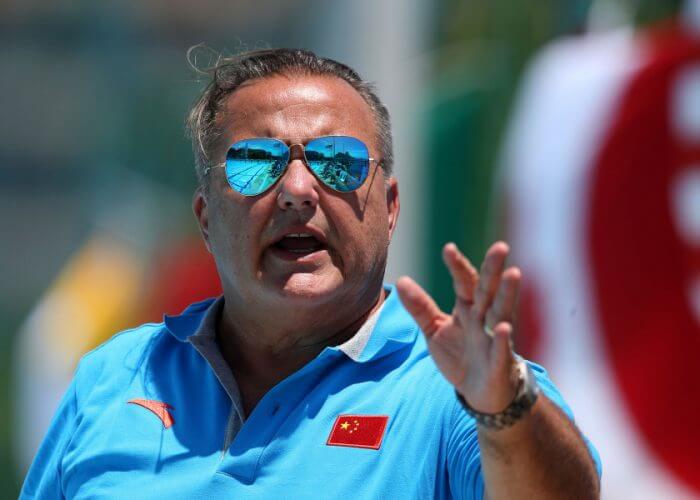
Ricardo Azevedo coaching in China
– You know US water polo as well as anyone on the planet. Now that a new crop of players is in the pipeline for the national team, how do you see the American men performing in the run-up to the 2020 Tokyo Olympics?
[The] U.S. is always pipelining its players; our biggest challenge is keeping our athletes playing after college. Successful teams have three- or four-time Olympians; in U.S. history we have only 29 athletes that have three or more Olympics. Continuity and programs that promote experience and opportunity of playing at a high level will bring success.
[The year] 2020 will be a challenge. We have excellent athletes, but time is short and we need to make up a lot of ground in two years. The Serbian and Spanish teams that played in the finals of the European championships last week had between them 11 players over 30, but they also have seven under 23. This chemistry is what we are missing. In the last four Olympics we have, out of 27 athletes (some are multiple) 12 are one-timers—that’s not healthy. We need to go back to strong national programs, championships and clubs.
With Azevedo in charge, Swimming World feels certain, Brazil can be counted on to deliver its share of them.




